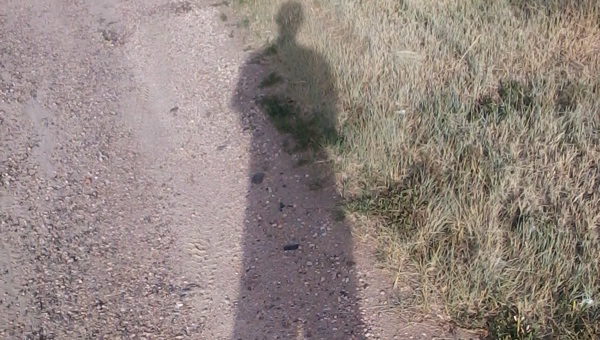I’ve been bugging my kids lately to tell me one thing they learn each day at school, so I thought I would do something similar for this month’s “Shadows & Dust” post. You may know that Ash Wednesday marks the beginning of Lent, a season of repentance and reflection for many followers of Jesus throughout the world. (Ash Wednesday falls on Feb. 13 this year.) When Christians of a liturgical persuasion receive “the imposition of ashes” on their foreheads on Ash Wednesday, they do so with a charge that echoes God’s words to Adam from the Book of Genesis, “Remember that you are dust and to dust you shall return.” What I didn’t know, is that the ashes themselves come from burning palms from the previous year’s Palm Sunday celebration, a remembrance of Jesus’ “triumphal” entry into Jerusalem. I like the symmetry!
Anyway, I’ve been spending a lot of time lately in the nineteenth century, via a documentary and several books, of course, not via a time machine. (Although I wouldn’t turn down a chance to use one!) It’s curiosity for how we twenty-first century Americans got to be the way we are that leads me to the past. And the 1800s are as good an era as any to excavate some of those reasons.
- Ken Burns: The West — I watched The Civil War years ago, but I hadn’t seen this Burns documentary until recently. In characteristic fashion, he weaves together haunting music, B-roll, photos and interviews with writers and historians to tell a tragic yet compelling story. As a native of Colorado, the era of westward expansion has always exercised a sort of mythical pull on my soul.
- The Better Angel: Walt Whitman in the Civil War by Roy Morris, Jr. — I ran across a reference to this in America Aflame, a book I reviewed last month. The Better Angel brings the famous American poet from New York to life through his compassion for men who were suffering, and the unconventional manner in which he embodied that compassion. Prompted by word that his brother had been wounded in battle, Whitman traveled from New York to Washington, D.C., to search the sundry hospitals in the area for his brother. On the way, he had all his money stolen, but he inadvertently found a war-time vocation — visiting army hospitals to offer sick and wounded soldiers gifts of candy, clean clothes and letters written and mailed to loved ones.
- Letters and Papers from Prison by Dietrich Bonhoeffer — This personal correspondence of the famous Confessing Church pastor and theologian, who lived courageously in an era of evil, is perhaps most well known for his comments on “religionless Christianity.” I resonated most with some far less well known words of his, penned from prison three months before his execution by the Nazis: “The last two years here have taught me how little we can get along with. But every day thousands are losing all they have, and when we remember that, we know that we have no right to call anything our own.”
- God’s Jury: The Inquisition and the Making of the Modern World by Cullen Murphy — “The Inquisition” calls to mind medieval and barbaric oppression and torture inspired by religion, but Murphy demonstrates that the legacy of the Inquisition is alive and well today. Inquisitions, of both religious and secular varieties, thrive on bureaucracy, suspicion, certainty and censorship, after all, and those qualities are still as contemporary as the Internet.
- March by Geraldine Brooks — This novel tells the story of the Civil War from the eyes of “Mr. March,” the beloved father and husband who makes a cameo appearance in Louisa May Alcott’s classic Little Women. March won the Pulitzer Prize in 2006. I’d say the Pulitzer committee got it right.


